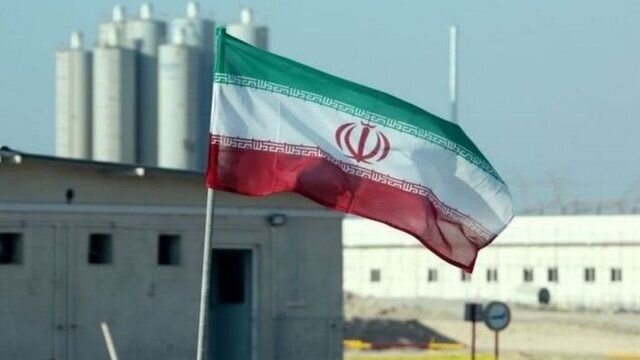Iran removes two IAEA cameras in response to IAEA act

TEHRAN — The Atomic Energy Organization of Iran (AEOI) released a statement on Wednesday announcing that it has removed two of the International Atomic Energy Agency’s surveillance cameras which were beyond Safeguards agreement from a nuclear facility.
“Iran has so far had extensive cooperation with the IAEA, but unfortunately the IAEA, without considering that this cooperation is due to Iran's goodwill, not only did not appreciate it but also considered it Iran's duty. For this reason, it was decided to stop the operation of the OLEM (Online Enrichment Monitor) enrichment surface line measurement camera and the IAEA flowmeter from today, which has been ordered by the relevant authorities,” the statement said.
Meanwhile, an AEOI official told Al Jazeera that two CCTV cameras have stopped working in one of Iran's nuclear facilities, starting Wednesday.
The cameras that were stopped are not part of Iran's commitment to the comprehensive Safeguards agreement, he added.
80% of the Agency's cameras continue to work in Iran's nuclear facilities, he concluded.
Meanwhile, Behrouz Kamalvandi, the AEOI vice chairman and spokesman, said, “In accordance with the Strategic Law on the Lifting of Sanctions approved by the Majlis (Parliament), we decided to turn off all beyond-Safeguards cameras that were recording data in our nuclear sites. Therefore, no information would be recorded from now on.”
Talking to national TV, Kamalvandi said, "Iran cannot be cooperative while the Agency displays unreasonable behavior. We hope the Agency will come to its senses and respond with cooperation with Iran."
Kamalvandi also said other measures are being considered.
Iran’s move in curtailing cooperation with the IAEA comes as the United States and the European trio - Britain, Germany and France – have submitted a draft resolution to the IAEA's Board of Governors criticizing Iran for not fully answering the IAEA questions on uranium traces at alleged undeclared sites.
Iran’s nuclear chief, Mohammad Eslami, has said Iran has provided answers to all these questions that finally led to the conclusion of the 2015 nuclear deal, officially known as the Joint Comprehensive Plan of Actions.
The resolution will be debated and voted on at this week's meeting of the Agency’s 35-member board.
Iran has warned that the decision may seriously jeopardize efforts to resume the stalled talks to revive the JCPOA.
